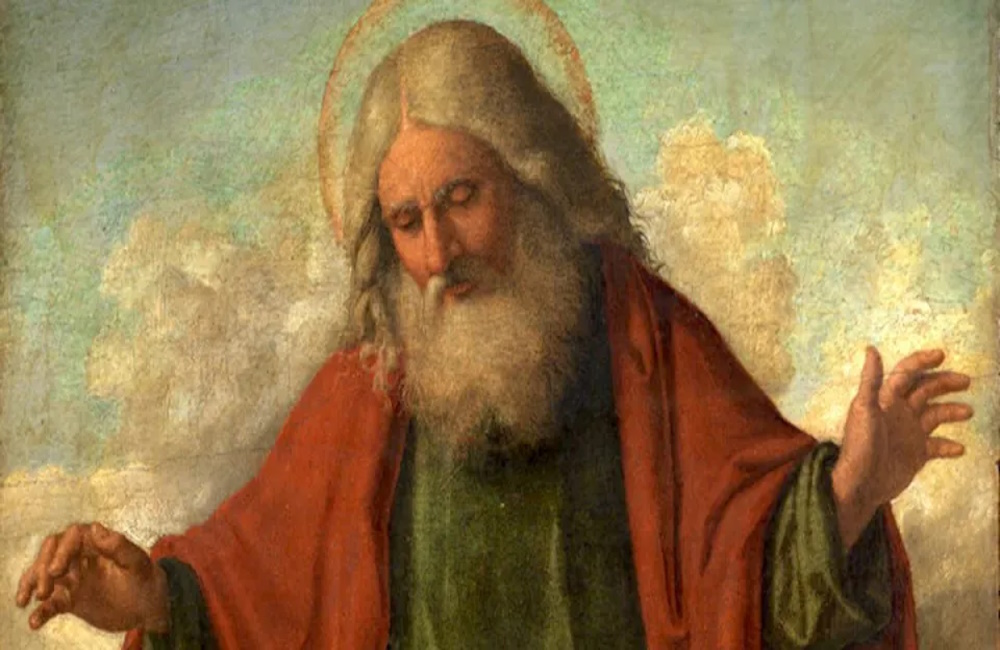The relationship between humans and the divine is central to both Christianity and Islam, yet the ways in which these relationships are conceptualized and understood differ significantly between the two religions. Christianity portrays God as a loving Father to His believers, while Islam describes followers as servants or slaves of Allah. These contrasting perspectives deeply influence each religion’s theology, worship practices, and the personal experiences of its adherents.
Christian Believers as Children of God
In Christianity, the concept of God as Father is a cornerstone of faith. This metaphor emphasizes a personal and intimate relationship between God and His followers. The New Testament presents numerous passages that reflect this familial bond, rooted in the teachings of Jesus Christ. Jesus frequently referred to God as His Father, and He extended this relationship to His followers, inviting them to view themselves as children of God. In the Gospel of John, it is written, “But to all who did receive him, who believed in his name, he gave the right to become children of God” (John 1:12). This concept is not just symbolic but is meant to convey a profound and loving relationship, wherein believers are seen as part of God’s family.
The Apostle Paul also elaborates on this relationship in his epistles. For example, in Romans 8:15, he writes, “For you did not receive the spirit of slavery to fall back into fear, but you have received the Spirit of adoption as sons, by whom we cry, ‘Abba! Father!’” This passage highlights the personal and affectionate nature of the relationship, emphasizing that believers are embraced by God as His own children, with all the rights and privileges that come with this status.
This perspective of God as Father underscores themes of love, grace, and inheritance. It reflects a belief in a personal, caring God who is involved in the lives of His children, offering guidance, protection, and unconditional love. This relationship fosters a sense of belonging and security among Christian believers, reinforcing the idea that they are cherished members of God’s family.
Muslims as Slaves of Allah
In Islam, the relationship between followers and Allah is framed in terms of servitude and submission. The Arabic word for servant or slave is “abd,” and this term reflects a deep-seated sense of submission to Allah’s will and authority. Muslims view themselves as servants who are entirely devoted to fulfilling Allah’s commands and living according to His guidance.
The Quran frequently emphasizes Allah’s sovereignty and the servitude of believers. Surah Al-Baqarah 2:21-22 illustrates this concept: “O mankind, worship your Lord, who created you and those before you, that you may become righteous. He who made the earth a bed for you and the sky a canopy, and sent down rain from the sky and brought forth fruits as provision for you, so do not attribute to Allah equals while you know [that there is nothing similar to Him].”
The notion of servitude in Islam is not merely about subordination but reflects an acknowledgment of Allah’s supreme authority and the responsibility of living in obedience to His will. Muslims are encouraged to submit to Allah’s commands as an expression of their faith and devotion. This relationship underscores the importance of reverence, duty, and adherence to divine directives.
The concept of being a servant or slave of Allah highlights the distinction between the Creator and the created. It emphasizes the gap between human limitations and divine perfection, reinforcing the need for humility and obedience in a believer’s life.
Theological Implications
The divergent views of God as Father in Christianity and Allah as Master in Islam have significant theological implications. In Christianity, the paternal image of God fosters a sense of intimacy and personal connection, which influences how believers approach God, seek His guidance, and experience His love. This perspective shapes the Christian understanding of salvation as a relational gift from a loving Father. In Islam, the emphasis on servitude and submission to Allah underscores the ultimate authority of the divine. This perspective shapes the practice of worship, focusing on obedience and the recognition of Allah’s sovereignty. It influences how Muslims approach their religious duties and strive to live in accordance with divine will.
Conclusion
The concept of God as Father in Christianity emphasizes a deeply personal and loving relationship between God and His followers. This perspective highlights believers as cherished children of a compassionate and involved Father, offering a profound sense of belonging and security within God’s family. This intimate connection is central to understanding salvation and spiritual life, marked by love, grace, and personal connection. In contrast, the Islamic view of Allah as a master focuses on servitude and submission, highlighting obedience and divine authority. As you reflect on these perspectives, consider how you would prefer to relate to the divine: would you choose the embrace of a loving Father, where you are a cherished son or daughter, or would you prefer to be a servant, bound by strict obedience and servitude?
